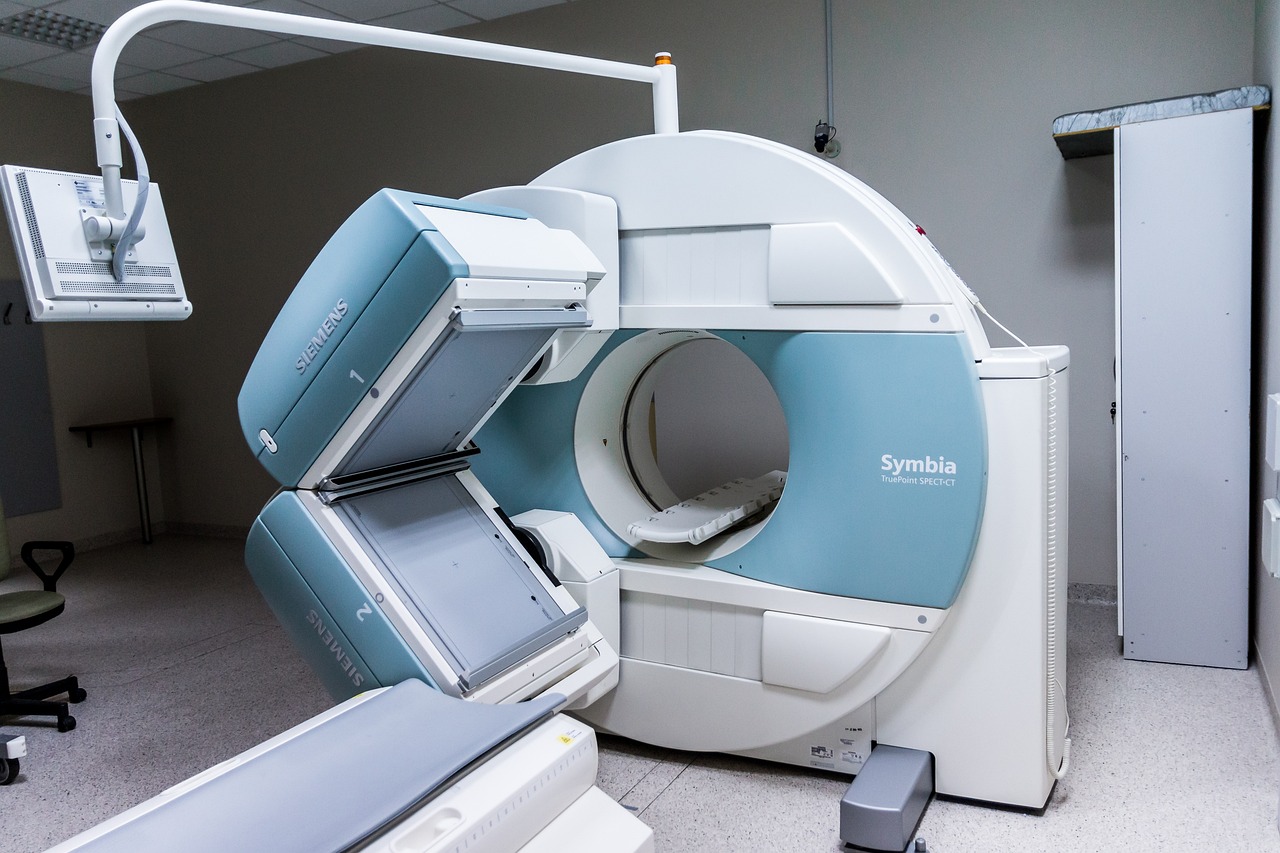I have some new MS treatments to tell you about. The first is Zeposia (ozanimod) . By my unofficial count, it’s the 19th disease-modifying therapy to become available in the U.S. to treat multiple sclerosis.
The Food and Drug Administration approved Zeposia in late March. Pharmaceutical companies usually rush to put their newly approved medications in doctors’ offices. But this time, with COVID-19 raging, Bristol-Myers Squibb wasn’t in a hurry. A company news release in March said commercialization of Zeposia would be delayed in the best health interest of patients, customers and employees. The commercial launch finally happened on June 1.
Zeposia is a daily capsule approved to treat relapsing-remitting and active secondary progressive MS, as well as clinically isolated syndrome. While it’s in the same class of medications as Gilenya (fingolimod) and Mayzent (siponimod), it’s believed to have a better safety profile than Gilenya and, unlike Gilenya, a patient isn’t required to be observed for several hours after the first dose.
That’s not to say there are no concerns about serious side effects. Treatment with Zeposia begins with a low dose that is gradually increased to a maintenance level. That’s because of the possibility of a momentary decrease in a patient’s heart rate after it’s taken. Blood tests and an electrocardiogram are required before treatment.
Waiting for the release of another DMT
Not long after the FDA approved Zeposia, it gave final approval to Banner Life Sciences’ Bafiertam (monomethyl fumarate), a bioequivalent alternative to Tecfidera (dimethyl fumarate). Bafiertam was given tentative approval in late 2018, but final approval was delayed by a patent fight between Banner Life Science and Biogen, the manufacturer of Tecfidera.
Let’s hope that Banner now moves quickly to make Bafiertam the 20th DMT available to people in the U.S.
More DMTs in the pipeline
DMT No. 21 may be ofatumumab (OMB157), a monthly, self-injectable monoclonal antibody produced by Genmab and Novartis. Treatment with ofatumumab for relapsing-remitting MS is still under FDA review.
Novartis says in a news release that a decision by the FDA is expected by September. The company adds that it will be ready to make ofatumumab available as soon as FDA approval is received, assuming it is.
You might ask: Do we need more than 20 medications to treat MS? In the nearly 40 years that I’ve lived with this disease I’ve been treated with four DMTs. One is an injection, another a pill and two are infusions. Each had its benefits and its downsides.
Like MS, which affects each of us differently, there’s no one-size-fits-all DMT. You might have a reaction to one that you don’t have to another. One might be effective for you but not for someone else. As our disease progresses and our lifestyles change, so might our treatment needs. So, yes, having many disease-modifying therapies available is a good thing.
The choice of which to use should be a shared decision between you and your neurologist. Consider them all.
(A version of this post first appeared as my column on the MS News Today website).
(Featured image by Iván Tamás from Pixabay)



